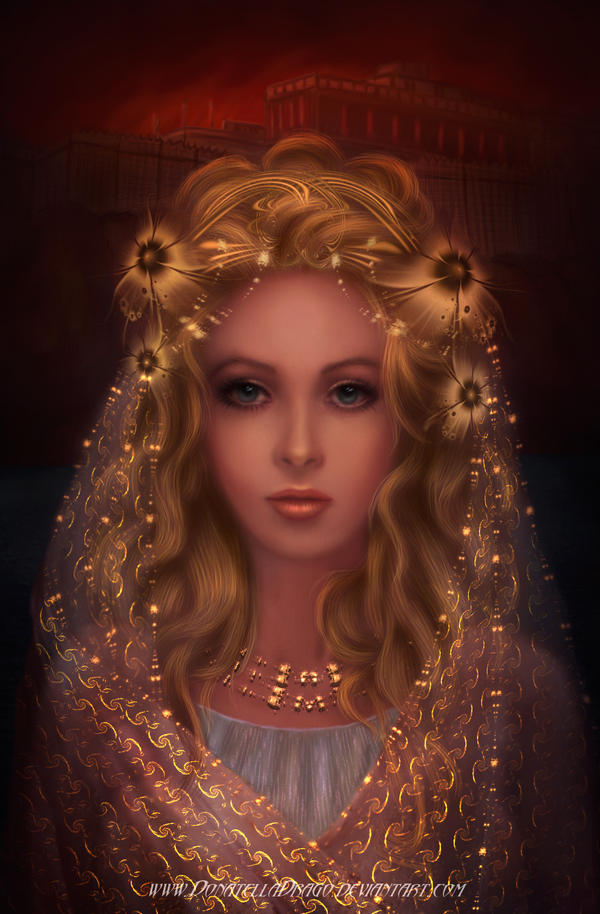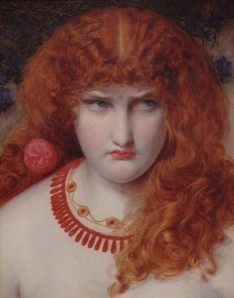Personally I have always imagined Mephistopheles to be dark and mysteriously miserable. His character should be acted out as if he is in constant pain and miserable because he is in hell – he states “this is not hell, nor am I out of it”. Mephistopheles shows the audience that hell is a state of mind once you have tasted the joys of heaven. This is why I think he should always look melancholy because he cannot escape his hell and is in a cycle of despair.
He could also be portrayed as a menacing force that, despite being miserable, is always in control and has an advanced understanding of the supernatural and biblical theories to that of Faustus. For example when Faustus demands that Mephistopheles “go and return to mighty Lucifer”, he simply replies “I will Faustus”. At first is appears that Faustus is in full possession of the facts, because he has been cautioned by Mephistopheles about the consequences, this means that Faustus cannot make an appeal on the grounds of ignorance and is fully aware of his actions. Does this mean that Mephistopheles is subconsciously encouraging Faustus to make the pact, because he understands that Faustus cannot turn back?
However when Faustus asks for a wife, Mephistopheles refuses to on the grounds that Marriage is a tradition that is ordained by God. This is beginning to show that Mephistopheles has all the power because he can refuse the wishes of Faustus. This makes Faustus look naive because he now doesn’t know the facts and details of the pact. Mephistopheles can simply say no on the basis that it is in favour of God. I think that Mephistopheles should be shown as a superior and more knowledgeable individual who is holding secrets from Faustus, perhaps on stage he could try to interrupt Faustus in the middle of one of his speeches to say something important, but refrain from doing so as it would reveal too much of Faustus’ fate. Marlow doesn’t put many stage directions in the play, which means that it can be interpreted in a variety of ways, thus it makes it easier for actors to portray a character because they are not restrained by the script.
As the play progresses I think that M is progressively becoming more angry and annoyed at being Faustus’s skivvy. For example, when M enters Act 3 Scene 2 with Rafe and Robin, he shows he is tired of being pushed around by saying “How am I vexed with these Villains’ charms!” the exclamation mark at the end of the sentence exaggerates how angry M is, because it implies that he is shouting at Robin and Rafe. At the end of the scene, he eventually turns the dynamic duo into an ape and a dog. Robin and Rafe are surprisingly pleased with their transformations into an ape and dog, which helps us to appreciate just how deluded Faustus is to be satisfied with being turned into a spirit because it is so crude.
Overall M should be portrayed as a constant dark character in the background of the events, because he is waiting to see Faustus getting his comeuppance for being so naive. He is obviously miserable because he has tasted the sweetness of heaven, and is now in eternal hell.

